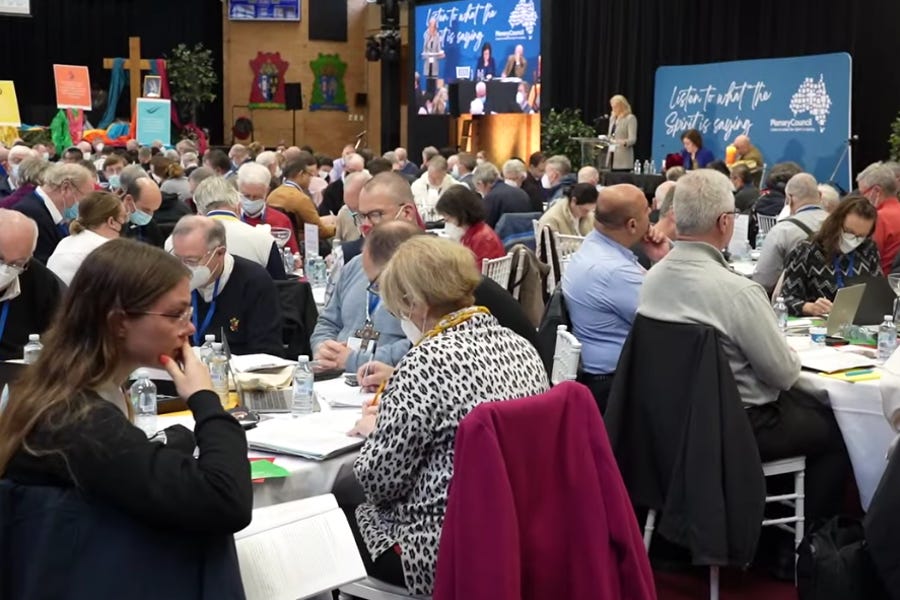Study: Australia’s young Catholic women trend conservative
“Older respondents were more supportive of reform and change than their younger counterparts across most themes, with younger respondents more likely to convey conservatism.”
A study has found striking generational differences among Catholic women in Australia.

An 84-page summary of Australian responses to the International Survey of Catholic Women — described as one of the most extensive surveys of Catholic women ever …
